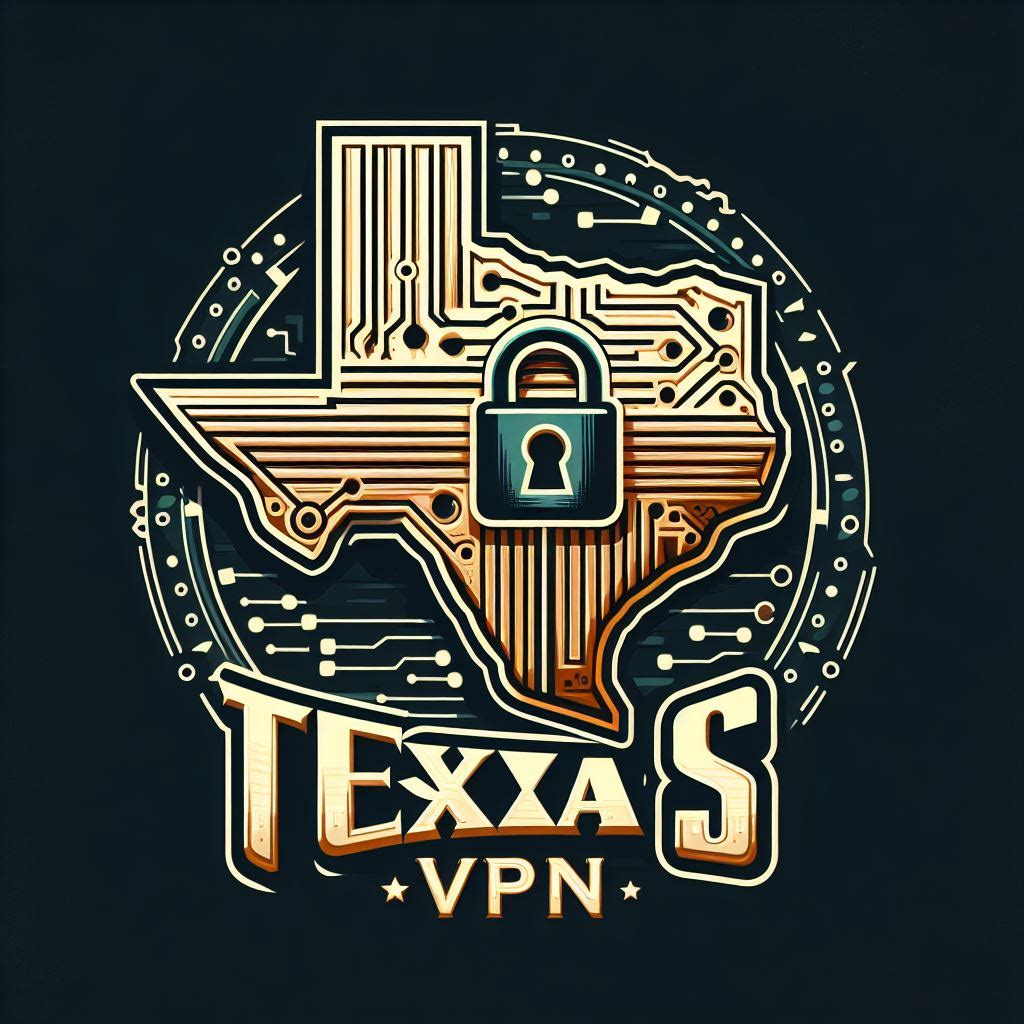Virtual Private Networks (VPNs) have become indispensable tools in the arsenal of internet privacy and security. By encrypting your internet connection and masking your IP address, VPNs protect your online activities from prying eyes. Their benefits extend beyond merely browsing anonymously; they can safeguard sensitive information, bypass censorship, and even prevent cyber attacks. This article explores real-world scenarios and case studies where VPNs have proven to be invaluable, illustrating their importance in today’s digital age.
Protecting Journalists and Activists
In countries with oppressive regimes, freedom of speech is often a luxury. Journalists and activists use VPNs to bypass government censorship and safely communicate with the outside world. One notable case involved a journalist from a Middle Eastern country who used a VPN to send reports to international media outlets. The VPN encrypted their communications, preventing local authorities from intercepting sensitive information that could have put their life at risk.
Securing Remote Work
The shift to remote work has highlighted the importance of VPNs in protecting corporate data. In one instance, a multinational corporation implemented VPN use for all remote employees after a data breach exposed vulnerabilities in their network. The VPN provided a secure connection between remote workers’ devices and the company’s servers, ensuring that sensitive client data remained confidential and safe from cyber threats.
Bypassing Geo-Restrictions for Research
Researchers often encounter geo-restrictions when accessing academic journals or databases. A group of researchers from a university in Asia faced this challenge while trying to access studies hosted on platforms restricted to the European Union. By using a VPN to connect to a server in Europe, they could access the necessary documents for their research, highlighting how VPNs can facilitate academic freedom and information sharing across borders.
Avoiding DDoS Attacks in Online Gaming
Online gamers are frequent targets of DDoS attacks, which can disrupt their connectivity and affect gameplay. A well-known online gamer was repeatedly targeted during live streams, which not only affected his performance but also the viewing experience of his audience. By using a VPN, the gamer could mask his real IP address, making it more difficult for attackers to target his connection, thereby maintaining the integrity of his live streams and protecting his livelihood.
Escaping Wrongful Throttling by ISPs
Internet Service Providers (ISPs) sometimes throttle internet speeds based on the type of content being accessed, affecting streaming, gaming, and downloading speeds. A family in the United States noticed significantly slower speeds while streaming movies in the evening. Suspecting ISP throttling, they used a VPN to encrypt their internet traffic, which prevented the ISP from detecting their streaming activity. The result was a noticeable improvement in streaming quality and speed, demonstrating how VPNs can combat unfair throttling practices.
Conclusion
These case studies underscore the diverse applications of VPNs, from safeguarding personal and corporate data to enabling access to information and protecting against attacks. In each scenario, VPNs provided a layer of security that was crucial for maintaining privacy, freedom, and uninterrupted access to the internet. As digital threats evolve and internet freedom continues to be challenged globally, the role of VPNs in ensuring online safety and privacy is more important than ever. Whether for individual users, businesses, or those fighting for their right to information and free expression, VPNs have indeed saved the day on numerous occasions.

Leave a Reply